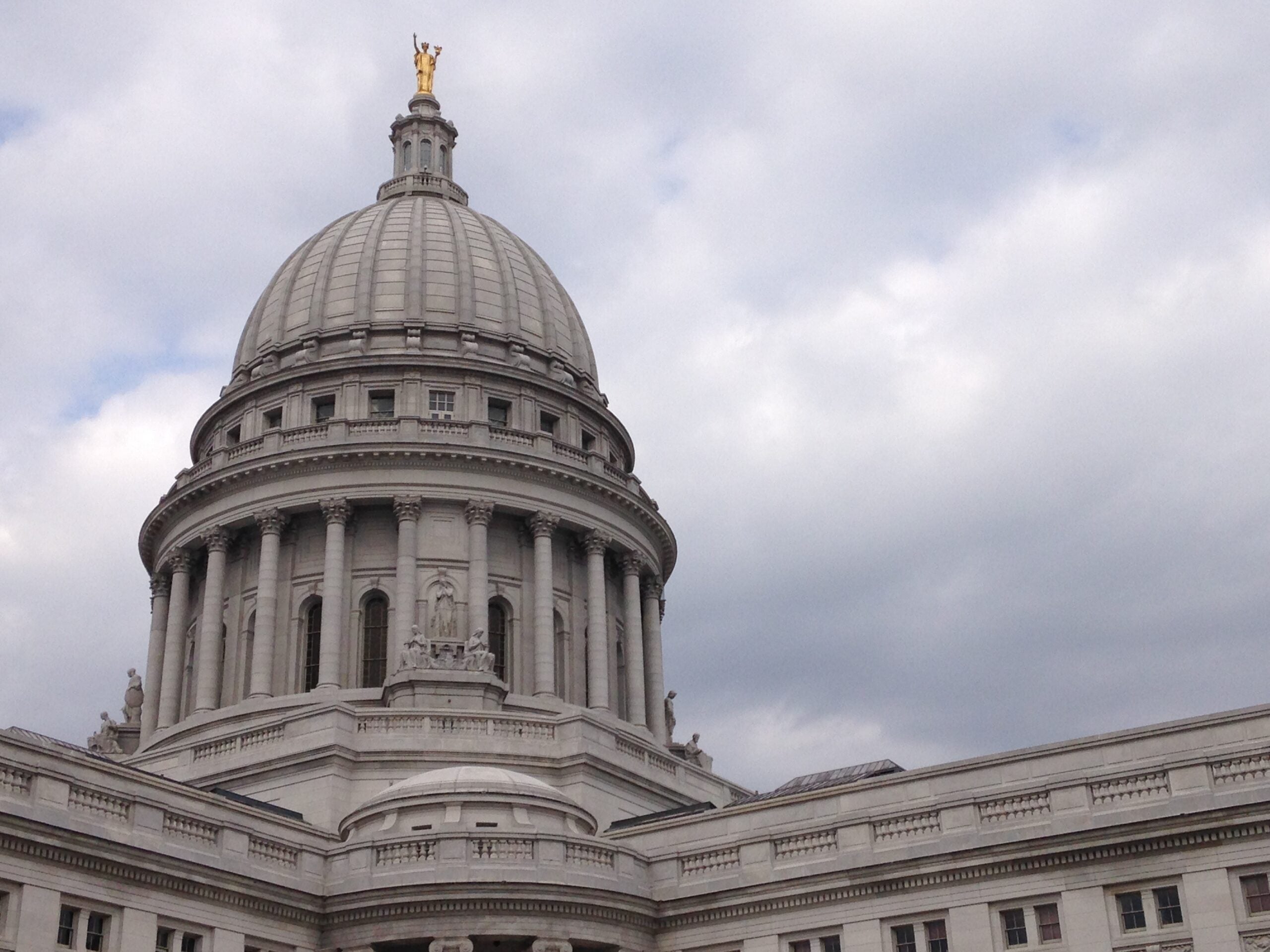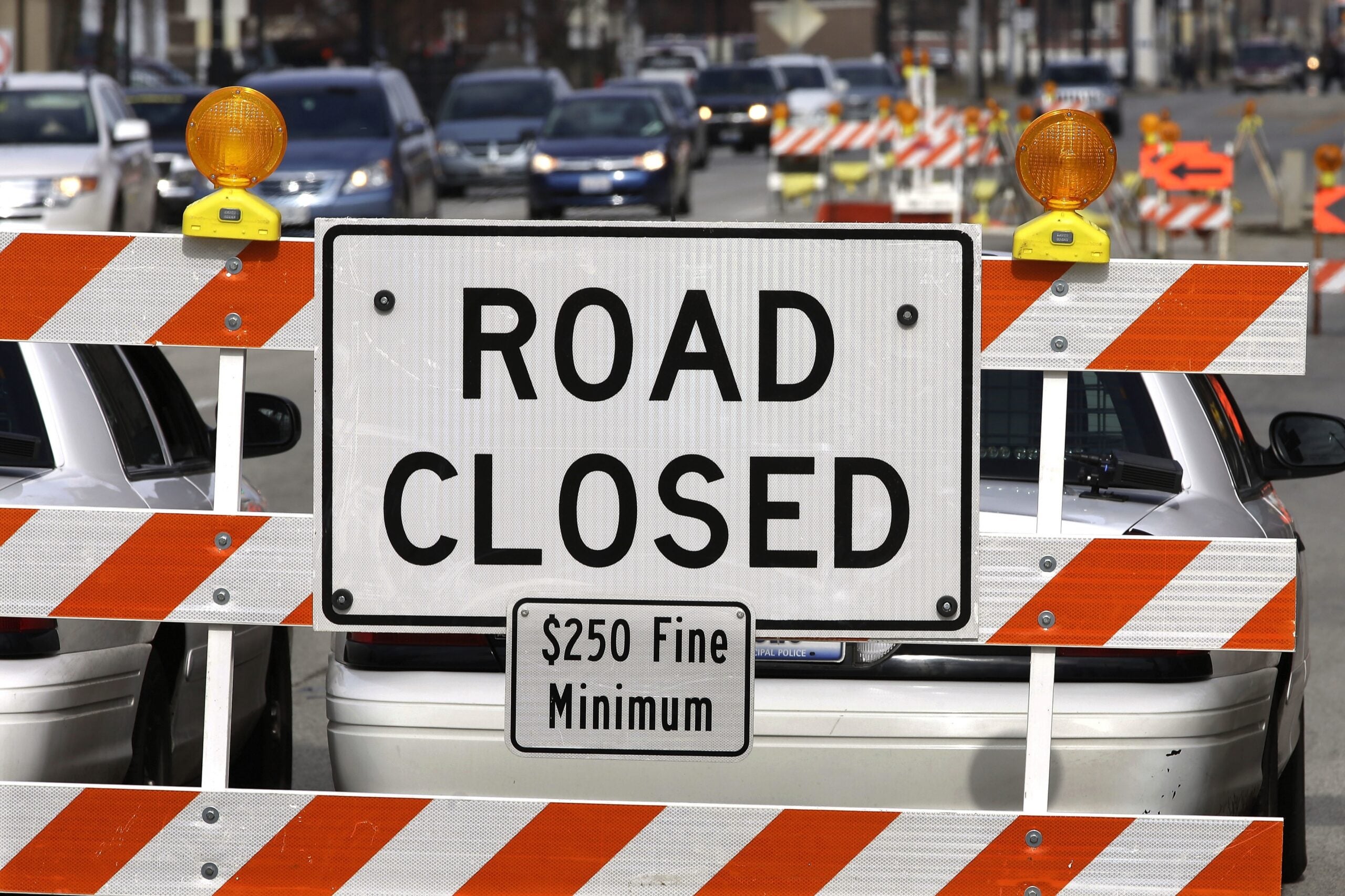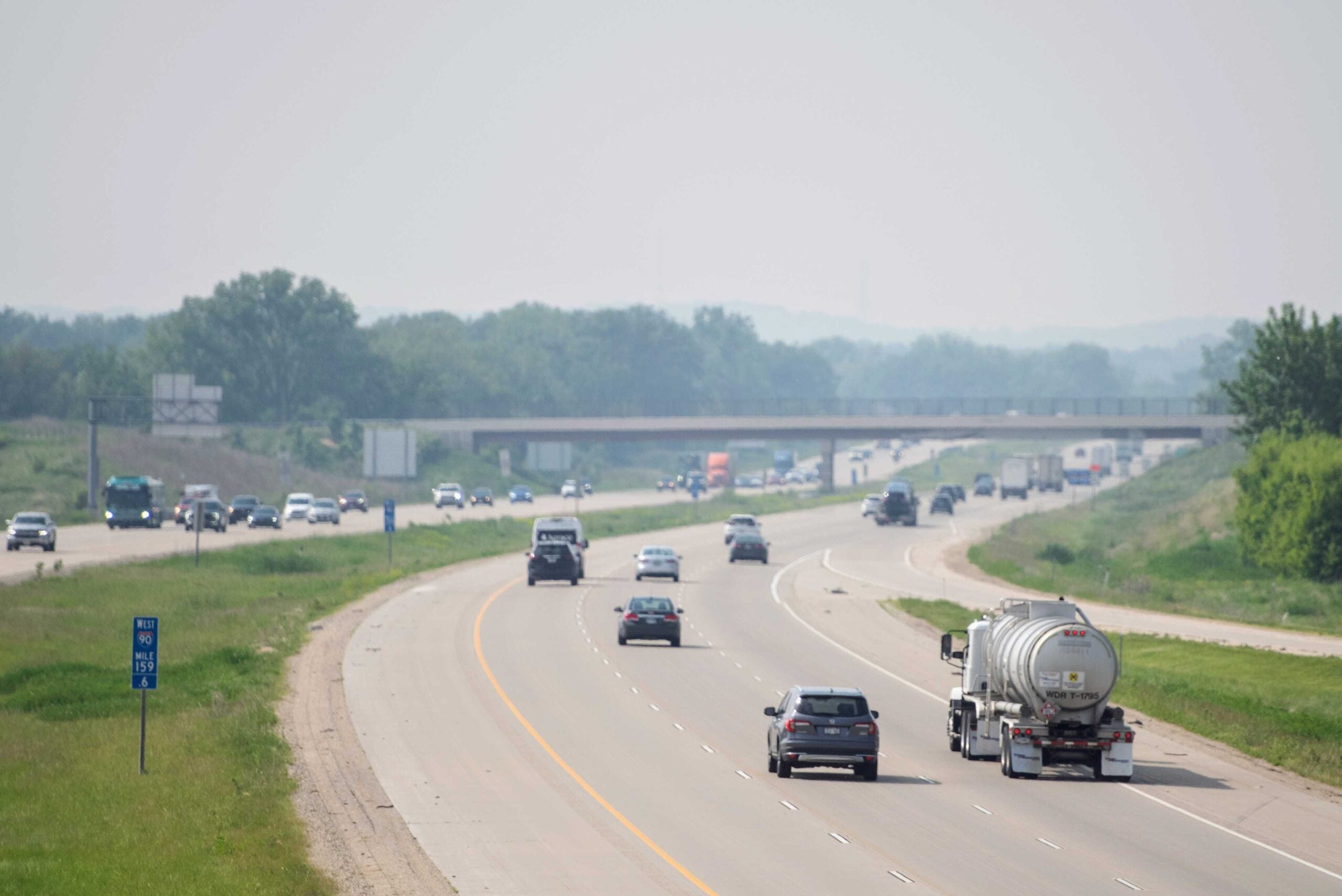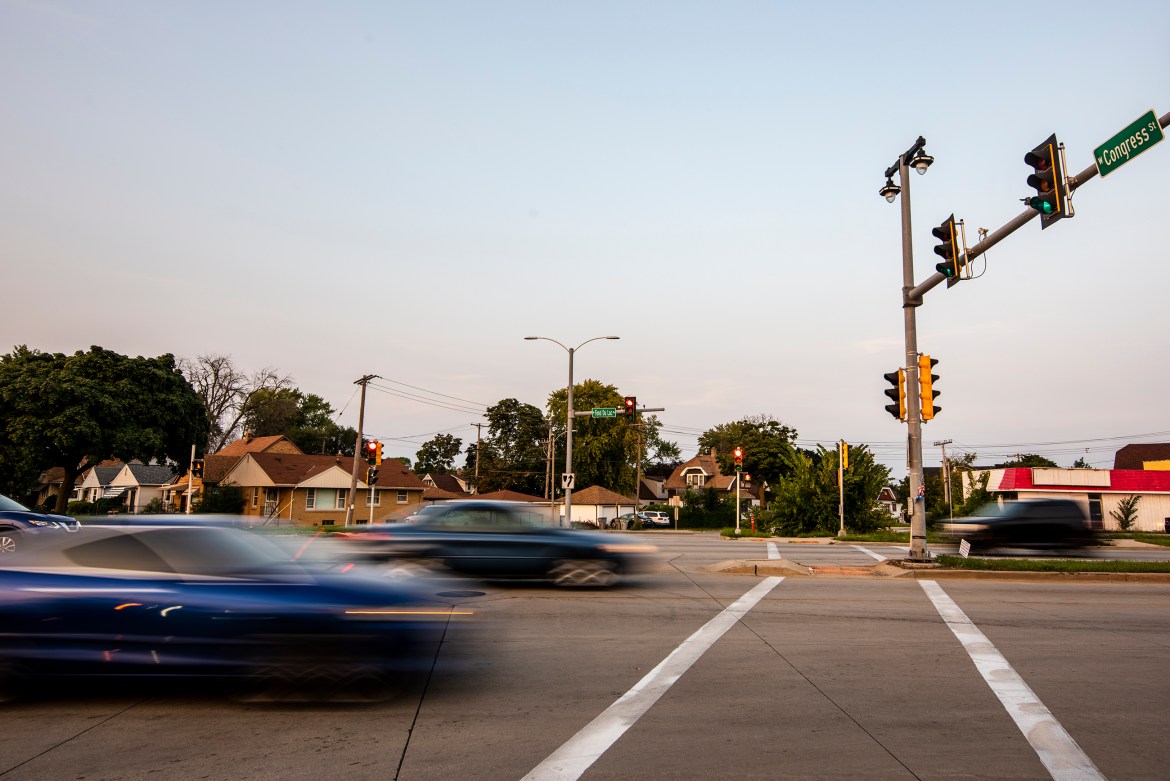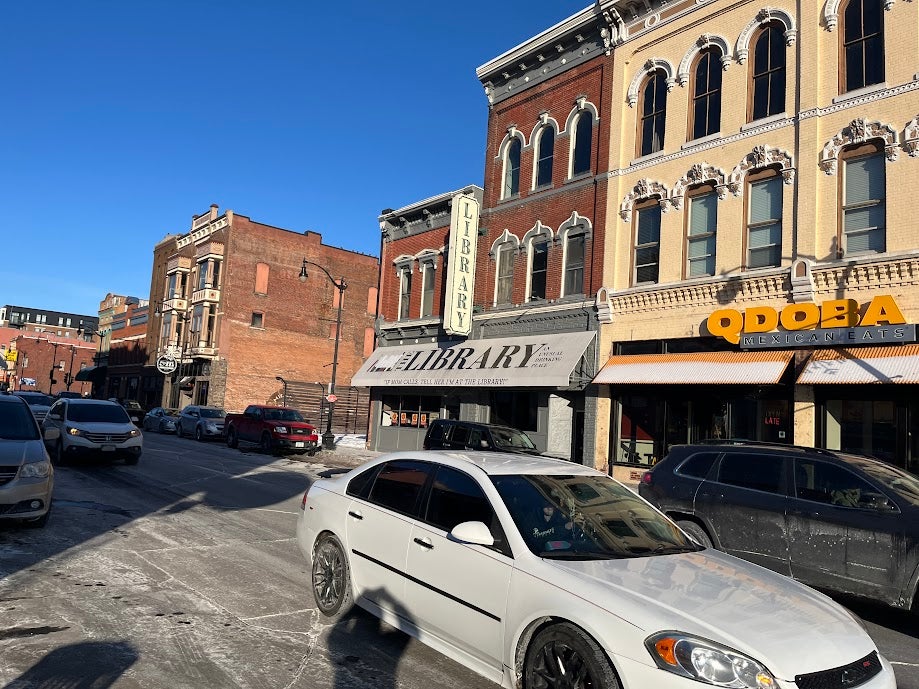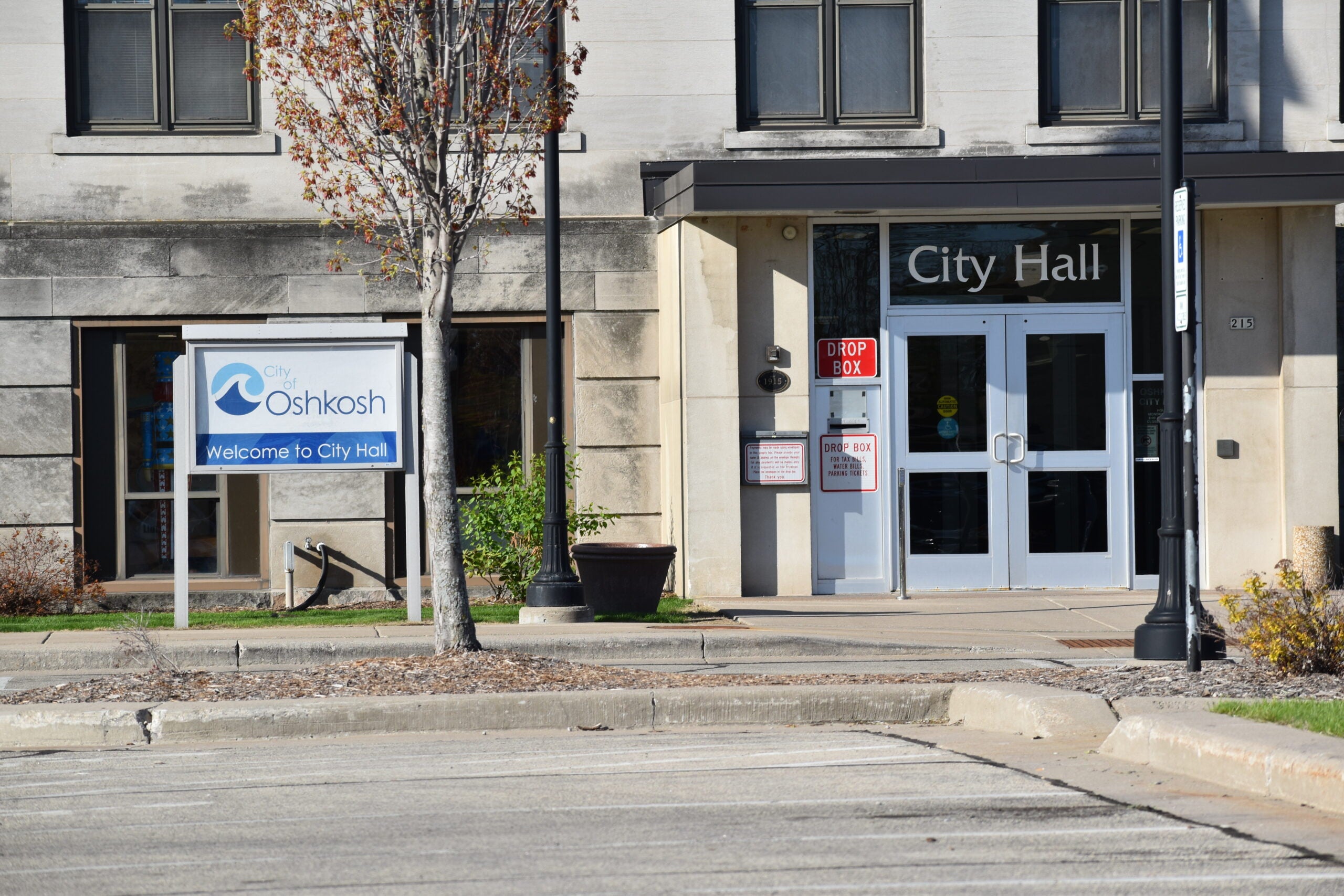Wisconsin leans on property taxes to fund its cities more than any other Midwest state, according to a report released Thursday by the Wisconsin Policy Forum.
The study also found Wisconsin ranks seventh nationally in terms of its reliance on property taxes to pay for municipal services.
A major reason for that dependence lies in the mix of taxes available to cities. In other states, local sales taxes and income taxes fund much larger shares of municipal budgets, putting less strain on homeowners and other property owners.
News with a little more humanity
WPR’s “Wisconsin Today” newsletter keeps you connected to the state you love without feeling overwhelmed. No paywall. No agenda. No corporate filter.
“We are certainly different from our Midwest peers,” said Rob Henken, president of the Wisconsin Policy Forum. “It’s the extent to which we are different. It’s the extent of that reliance with virtually no other forms of broad local taxation.”
Nationally, the study found that in 2015, cities received about 23 percent of their revenue from property taxes and 21 percent from sales and income taxes.
In Wisconsin, by contrast, municipalities received about 42 percent of their revenue from the property tax, but only about 1.6 percent from sales and income taxes.
That reliance has put more pressure on local governments over the past few decades, Henken said, for a couple reasons.
In the past, state government paid a higher share of city governments’ bills. From about 1975 until 1997, payments from state government made up a majority of city governments’ revenue.
Today, it’s lopsided in the other direction. City property tax revenue is more than double what municipalities receive in state aid.
That’s largely because state government began prioritizing other programs, from K-12 public school funding, to new prisons, to expanded eligibility for Wisconsin’s Medicaid program. At the same time, the state put restrictions on how much local governments can increase property taxes before going to a local referendum.
Wisconsin’s first property tax cap took effect in 2006 under Democratic Gov. Jim Doyle, and those restrictions tightened under Republican Gov. Scott Walker.
Henken said that decline in state aid coupled with limits on what local governments can raise for themselves has stressed city budgets, raising questions about how they’ll fund public safety, streets, libraries and parks.
“We may be seeing a phenomenon where communities are borrowing to pay for items that they may have previously taken care of as part of operating budgets,” Henken said.
Henken said other likely side effects include deteriorating local road conditions and a growing number of local wheel taxes.
While the report doesn’t recommend a specific policy change, Henken said it’s an issue lawmakers and the governor should discuss, arguing it could be easier to address now than it would be later.
“The economy is doing well,” Henken said. “It is often easier to make big changes to revenue structures at times when economic growth is occurring.”
Wisconsin Public Radio, © Copyright 2025, Board of Regents of the University of Wisconsin System and Wisconsin Educational Communications Board.

